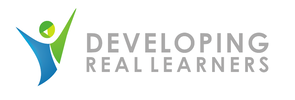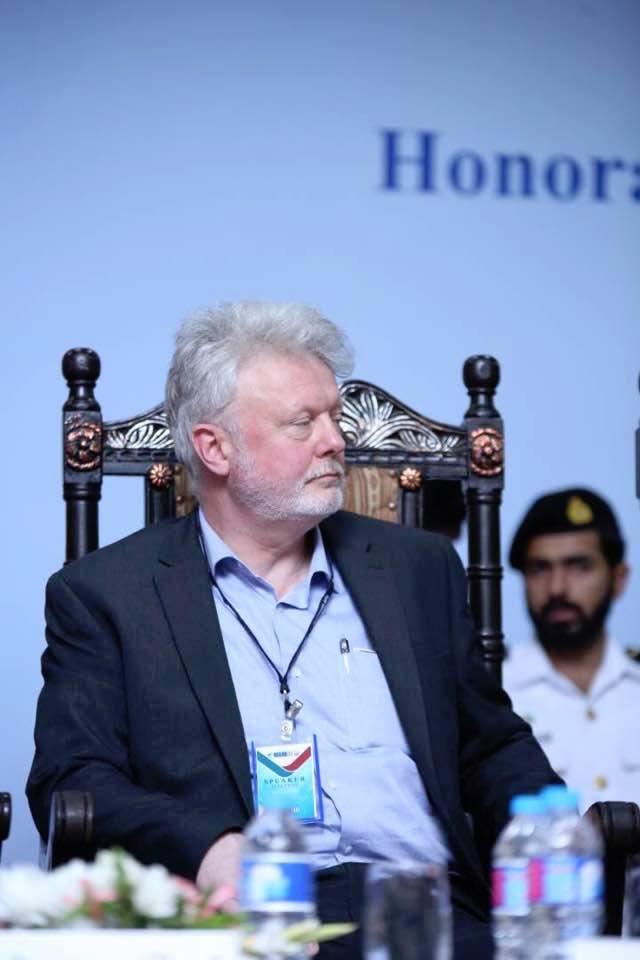|
#BigIdeas2015 One of the most powerful ideas to be utilised in 2015 will be a learner-development-centred approach to education globally. This will allow us to reach many of the goals visionaries have been talking about for a while now – a transformation of education systems, life-long learning, quality education for all, the alleviation of unemployment, the reversal of disengagement of youth, the bridging of a moral vacuum, the chance that future generations might solve the issues that we have left them with and more.
Learner-development-centred (LDC) education focuses on, surprisingly, developing the learner. No matter what people say, this hasn’t been happening very well in the teacher-centred, student-centred or even learner-centred approaches we see in most schools. LDC approaches initially see parents and teachers identify, create and use opportunities to help young people develop learner attributes – these are the skills, habits and dispositions of good learners. As young people recognise this approach, they also become adept at identifying, creating and using opportunities to develop these attributes for themselves and their peers. This develops a side of who they are that is often neglected - a neglect that leads to unfulfilled lives and unrealised potential. LDC education leads to the development of what we are born with already – the attributes of good holistic learners. We are born as little ‘learning machines’ – everyone is – and, it is the contention of the LDC movement that these attributes are often damaged, supressed or left neglected through traditional school practices. We need to help young people understand the naturally occurring learner attributes they possess and help them to develop these so they can cope and flourish in our natural and constructed worlds There have been lots of suggestions as to what these learner attributes are and wonderful lists have been made by wonderful people (see below for my favourite – some inspired by the International Baccalaureate’s Learner Profile and some by others such as Guy Claxton’s Building Learning Power) Above: An example of learner attributes – the attributes are culturally interpretable and not fixed in number. Any change must be rigorously thought through though. What do you do to help young people develop their learner attributes and become the best learners they can be? Educational organisations should be learning organisations. One of the factors that makes a great learning organisation is ‘shared vision’. We need to see that all education systems, all schools and all educators share a vision – or at least share one aspect of their vision for education namely: to see that all young people become the best holistic learners they can be. The use of the word ‘holistic’ implies here that we need to be good learners in every aspect of our lives and in every situation. It’s very difficult to argue with this as a goal. There are not many situations where it is good to be a poorer learner than you could be. In academics, in relationships, in new jobs, on new projects, in your community, facing professional or personal or local or global issues, it has to better that the world is full of people who are great learners than people who are not. How do we help young people (and perhaps ourselves in the meantime) become the best learners they can be? We identify what it takes to be a good learner and we make sure there are plenty of opportunities for them to develop this. We don’t have to wait for the creation of special LDC curricula and LDC text books and LDC technology (although these might help), we just need to start now where we are with what we have. We can bring up children in such a way that we give them more opportunities to become better communicators, have better empathy, be more open-minded, be reflective and so on. A parent can start now, as can a teacher, as can a young person themselves. All they have to do is to develop learner attributes wherever and whenever they can. If we can help young people to develop their learner attributes so that they (as Professor Guy Claxton says) ‘build their learning power’, children will grow to own their learning. If the primary point of school is learning about subjects, young people will, at the least, encounter the issues as to whether they like these subjects or not or whether they are good at them or not. However, if the primary point of school is to develop ourselves as learners, then subjects become the contexts in which we have lots of opportunity to develop our learner attributes and become better learners. Life is where we build our character and where we can develop our ability to learn and develop as learners. We are born as learners, it’s best to be a good learner and so it seems right that we should give young people every opportunity to become the best holistic learners they can be. If life is where we find and use opportunities to develop learner attributes then school is a place where these opportunities are concentrated and allow us multiple contexts in which to develop as we learn. Young people are more likely to become engaged in developing a cool and immediately useful part of their existing character (whether it be for the good of the individual or the good of the group) than they are in developing some seemingly remotely useful ability in subjects that hold little current relevance. The Immediate relevance of all subjects is their usefulness in developing us as learners. Being great learners, young people will immediately be able to apply their ability to learn to things they like doing and things they want to do. They will be happier to find that they can use their ‘learning power’ in order to do better not only at school but also at understanding relationships and interacting with their environments. Being holistic learners and understanding the relevance of collaborating and communicating with others, young people will become more able to take part in solving real issues around them. Schools can encourage this and so can industry and NGOs. All this might even lead to a greater happiness and a few solutions. We might also find that unemployment is eventually reduced as ‘real’ learners are able to collaborate, be proactive, communicate, be open-minded and innovative enough to create their own jobs, organisations and businesses. There’s more chance that young people leaving school or university will be able to avoid unemployment in any number of ways if they are good learners than if they are not – or if they are good holistic learners than if they are merely good academic learners. Understanding that we learn best together and that communication, collaboration, trust and having principals as learners leads to a better kind of empathy. The drive to become better learners for the individual and for the common good can, I believe, lead to a different kind of morality – a more fundamental morality than the kind we have been exposed to up to now. This new morality will, I believe, come from our commonality as humans – from seeing what is similar between us and then forming relationships which will hold tight as we explore our differences. As the best holistic learners we can be, we stand a better chance of this than where we are now. There are many more aspects to LDC education and in this short space and time (as the New Year draws close) to go into all the details however, this year, I and my organisation will be making sure 2015 is the year of learner-development-centred education and perhaps the beginning of a new world for our young people. We hope you will join us. Robert Thorn Founding Director Developing Real Learners - an NGO set on transforming education globally See our LinkedIn group
1 Comment
Leave a Reply. |
Archives
May 2020
Categories |
Developing Real LearnersDRL provides expert help and guidance to communities and individuals aiming to create learning communities that help young people develop into the best holistic learners they can be
|
SerVices |
|



 RSS Feed
RSS Feed